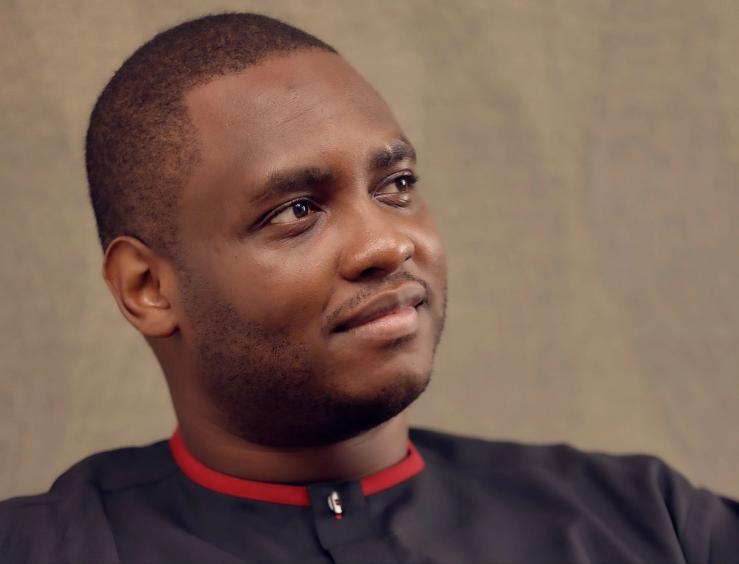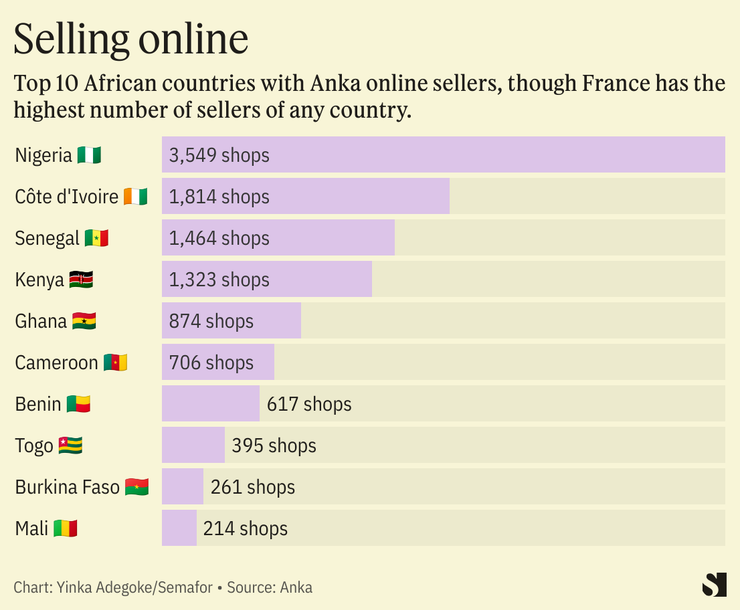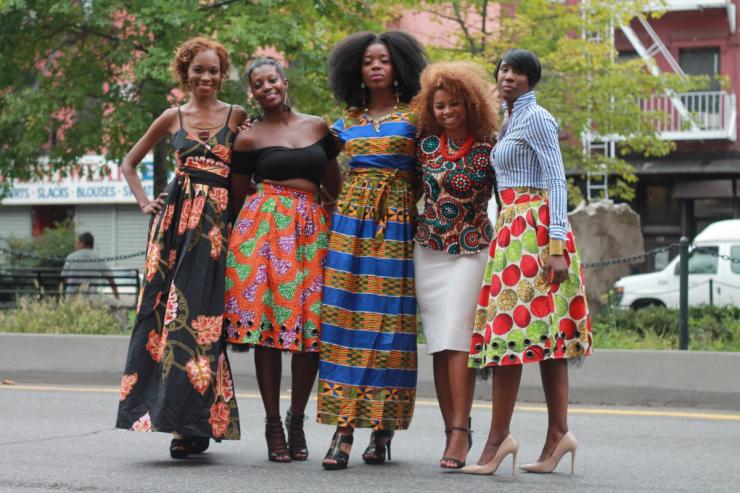The Facts
Moulaye Tabouré grew up in Mali and moved to France where he worked for firms including PwC and Alstrom. In 2016 he launched what became ANKA.africa, initially as Afrikea, a fashion marketplace in Abidjan, Côte d’Ivoire. Over the last couple of years Anka has transitioned to a full-service software-as-a-service (SaaS) platform for African entrepreneurs on the continent and in the global diaspora. To date his firm has raised just over $15 million from backers including World Bank’s private investment arm. He says he is “convinced the backbone of the biggest diaspora in the world is its culture which is Africa’s only unlimited and growing resource.”
Know More
x💡 What’s the simplest way to explain what Anka is today? Etsy + PayPal + Shopify + Shipping = ANKA. It is the all-in-one SaaS for any business that wants to sell African products or services across borders. The mission is to help entrepreneurs sell as easily on WhatsApp or Instagram as they would on their website. In fact the fastest growing part of our business now is crossborder services including tourism packages and the like.
💡 How difficult is it to pivot as an African startup? Pivoting is not the hardest part, but to this day communicating clearly the larger mission and new services remains the most complicated challenge. Being African does not necessarily make it harder.

💡 What is it about the African fashion industry that still surprises you The most surprising thing datawise is still how little price visibility and traffic elasticity affect sales. In creative products, like it is the case in videos or social, the most important correlation with success and sales is generally the consistency and regularity in content iteration rather than hard levers like the price or the eyeballs.
💡Given that you started as a fashion-led business, a sector typically dominated by women, how do you support female entrepreneurs Around 72% of our entrepreneurs are female and they employ up to two-thirds women also in their companies. Even outside fashion and in categories like tourism or training where ANKA Pay is used, we see an overwhelming number of female-led businesses. From our experience, female entrepreneurs do not need any specific support but are just more service and quality oriented than their male counterparts that tend to be more opportunistic and cost-driven. So our solution aligns greatly with more meaningful features, like our messaging system directly connecting thousands of buyers with sellers everyday.
💡 Are investors starting to see the potential of the Francophone Africa markets? They surely do and are curious about them, but I believe it would be even firmer interest when more Francophone startups have most of their customers in Nigeria and Kenya or serve a global audience like we do in both cases!

💡 If Semafor Africa came round for dinner at your home, which Malian dish would you serve up?
Ah ah, it would depends on how curious you are: on the very easy side, we would probably serve Tiguadege (Peanut sauce with Chicken) with fonio but if you are more adventurous, we could try Fakhoye (Dark leaf sauce with lamb) and rice, but both would come with Degue (Milo and yogurt) as dessert for sure!
💡 What African creativity is exciting you right now? The new guard of Nigerian artists (Rema, Tems, Ayra Starr, Asake) obviously are a force to be admired by how consistently they collaborate with each other and world leading artists or in other regions.


